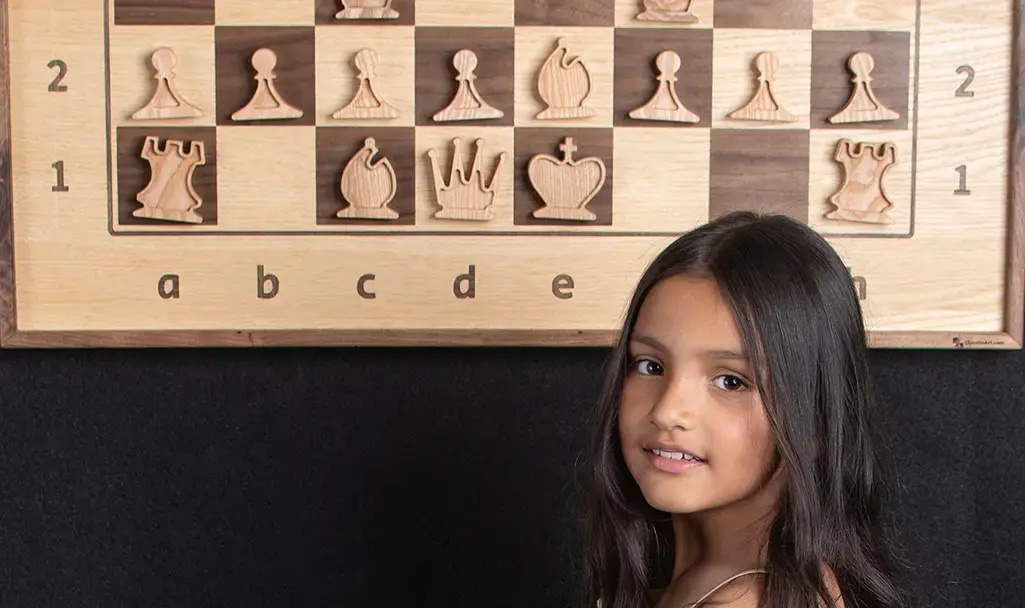Added on 8/17/2025

By David Llada
Common sense has long suggested what research increasingly confirms: chess is an excellent educational tool that helps develop a child’s potential.
Some studies report an average 17% boost in academic performance. Others highlight benefits for children with attention deficit or hyperactivity. More recently, researchers have even suggested that regular practice may help delay the onset of Alzheimer’s. As chess columnist Federico Marín Bellón jokes: “It won’t cure the flu, but it’s good for almost everything else.”
Still, chess is not a miracle cure. It won’t replace medical treatment, turn kids into geniuses overnight, or guarantee perfect grades. Chess is, above all, a game—but play itself is essential to learning. Through it, children experiment with ideas, build concepts, and solve problems. And chess is no ordinary pastime: it is the king of games, with over a thousand years of history behind it.
So what do we give children when we teach them chess?
• A lifelong hobby. Chess requires little equipment, can be played anywhere, and never gets boring. Like literature, it offers endless discovery and joy. As one grandmaster said: “Chess, like love or music, has the power to make people happy.”
• Mental agility. Chess sharpens memory and calculation, skills that modern life often neglects. It helps train the brain to stay sharp.
• Focus and patience. Surrounded by constant distractions, children often struggle to concentrate. Chess provides quiet, demanding entertainment that teaches persistence and delayed gratification.
• A bridge across generations and cultures. At tournaments, children, adults, and seniors compete side by side. It is also a universal language: players from different countries, religions, and backgrounds can connect instantly through the board.
• Empathy and respect. A chess game is an exchange of ideas that teaches children to value what unites us more than what divides us. It can integrate those who might otherwise feel left out, making it, as educators say, “the ultimate equalizer.”
• Decision-making skills. Every move is a choice with no return. Children learn to think carefully, weigh pros and cons, and act with purpose.
• Problem-solving and planning. Each position has threats and opportunities. Chess encourages analysis, creativity, and long-term strategy.
• Responsibility. Unlike many games, luck plays no role. Victory feels earned, while defeat teaches accountability and self-criticism.
• Respect for rules and courtesy. From handshakes before and after a game to proper resignation, chess rituals instill discipline and sportsmanship.
• Confidence and resilience. At the board, children command their own army. Even in tough positions, they learn to resist, adapt, and fight on.
• Economic thinking. Chess models resource management. Sacrificing material for time or space mirrors real-life investments in education or research.
It’s no surprise that many economists and business leaders credit chess with shaping their thinking. Kenneth Rogoff, once a grandmaster, became chief economist of the IMF and professor at Harvard. Peter Thiel, co-founder of PayPal, has often explained how chess influenced the way he structured his company and improved team performance.
In short, chess won’t solve every problem—but it teaches skills and values that last a lifetime.
